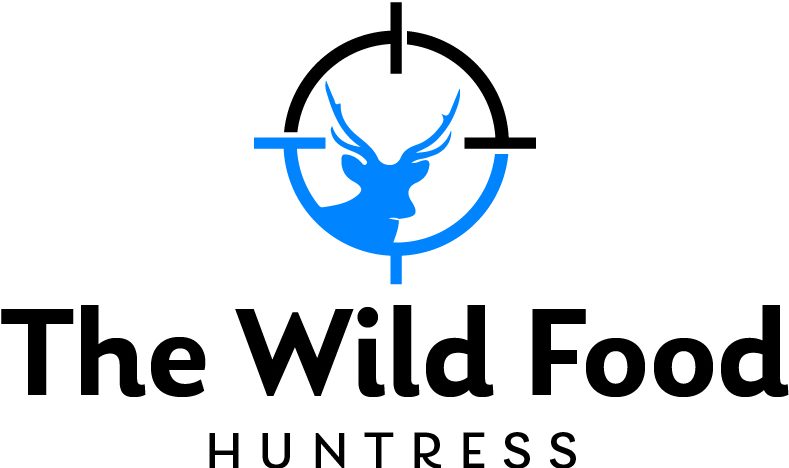Our World in Data’s research shows that almost 80% (or more) of all agricultural land is used to graze animals and produce feed. Both established and new pet food brands are addressing the climate impact of their industry by looking beyond traditional production methods and protein sources.
Chippin, a US-based company, is fighting the overpopulation of silver carp in the Great Lakes. This invasive species has been destroying biodiversity there since the 1970s. These fishy treats, which are sourced from environmentally-friendly fisheries and are rich in Omegas 3, 6, and 7, provide a complete protein source, are more easily digestible than chicken, and contain fewer calories.
Hoppers, a second US-based startup, produces cricket-derived treats with twice as much protein and vitamin B12 as salmon. The product is naturally rich in amino acids, iron, calcium, and zinc. The products also have significant environmental benefits. According to Hoppers’ research, crickets emit 80% less methane and use 15 times less feed and water than cows.
The companies are also optimizing and finding sustainable processes to produce commercial protein. Mycoprotein is derived from fungi by the Finnish company eniferBio. They won the Unleashed by Purina 2022 Challenge – an accelerator program that aims to help the next-generation pet tech and pet care startups. They have been using the PEKILO(r), a protein produced by eniferBio, in animal feeds for decades. However, with climate concerns intensifying in the 2020s, eniferBio is looking to expand into new markets and increase production in order to meet current protein requirements.
The Spanish startup MOA Foodtech was also a winner of Unleashed 2022. MOA combines artificial intelligence with biotechnology in order to “upcycle” the food industry. MOA utilizes waste and byproducts from agrifood production to produce new and sustainable sources of proteins. The process is much more sustainable than using animal or plant-based protein because it uses the waste streams from various industries such as wheat, sugar, corn, and beer.
The environmental impact of pet food is a growing concern for consumers, even though resources for human consumption are still a top priority. Alternative protein is more cost-effective, efficient, and beneficial to pets’ health. Crickets are a food that humans tend to avoid, but our pets love them.


